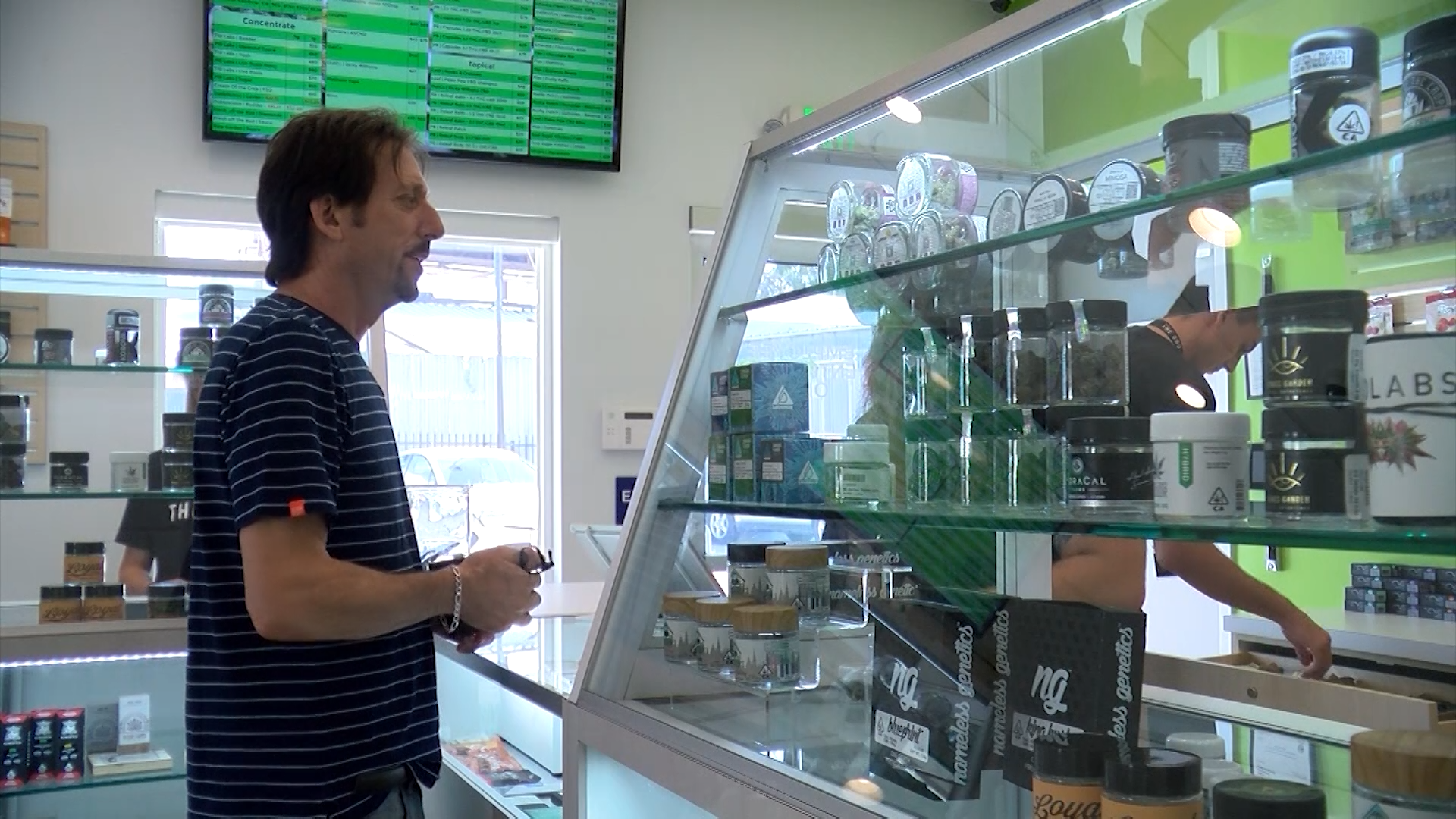Legal Hemp vs. Illegal Cannabis
To qualify by law in Nebraska as hemp, a cannabis plant must contain less than 0.3% THC, the main psychoactive substance in cannabis. Exceeding 0.3% THC in hemp can result in the destruction of an entire harvest in Nebraska and other states with similar laws. See what farmers and producers of hemp products in Nebraska need to do in order to not cross the line from legal hemp to illegal cannabis.
To qualify by law in Nebraska as hemp, a cannabis plant must contain less than 0.3% THC, the main psychoactive substance in cannabis. This level is low enough to not cause intoxication. Exceeding 0.3% THC in hemp can result in the destruction of an entire harvest in Nebraska and other states with similar laws.
THC is just one of many cannabinoids, the compounds in cannabis that interact with specialized receptors in our brains and bodies, which the plants naturally create. THC content can rise or fall at any stage of breeding, growing or processing and can get to concentrations up to 30%—100 times the amount to be classified as hemp.
Sweetwater Hemp, in Pleasanton, Nebraska, began processing hemp in 2020. The company purchases the plant and extracts cannabidiol or CBD, another of the many cannabinoids found in cannabis. Unlike THC, the psychoactive CBD does not produce a high. Two weeks before Sweetwater’s anticipated harvest, state regulators are called to take random samples of the crop, which are sent to an independent lab. (Nebraska-based Kennebec Analytical Services is one of the first in the state to get the needed certifications to test cannabis.) The final report provides measurements of multiple cannabinoids and, most importantly, determines whether the THC falls within the 0.3% legal limit to classify the product as hemp. If there is too much THC, the law demands every single plant in the batch be destroyed.
The next step is turning the acquired plants into product. Even if the crop hits the legal THC mark, the same rules apply to what’s extracted from the hemp. The part of the cannabis plant with CBD gets hand-stripped from the rest of the plant, soaked in ice water and filtered. After being filtered three times, the mixture comes out as bubble hash and is blended with a concentrated version of coconut oil, which becomes the base ingredient of CBD-based products on the market. Some industry players and consumers think cannabis compounds, like THC, help boost the medicinal qualities of CBD, which is why the producers try to get as close to the legal limit as possible. But more data is needed on the how much THC helps with the medicinal qualities of cannabis, scientists say.
This video was produced in collaboration with NOVA and is made possible in part by the Corporation for Public Broadcasting, a private corporation funded by the American people.


